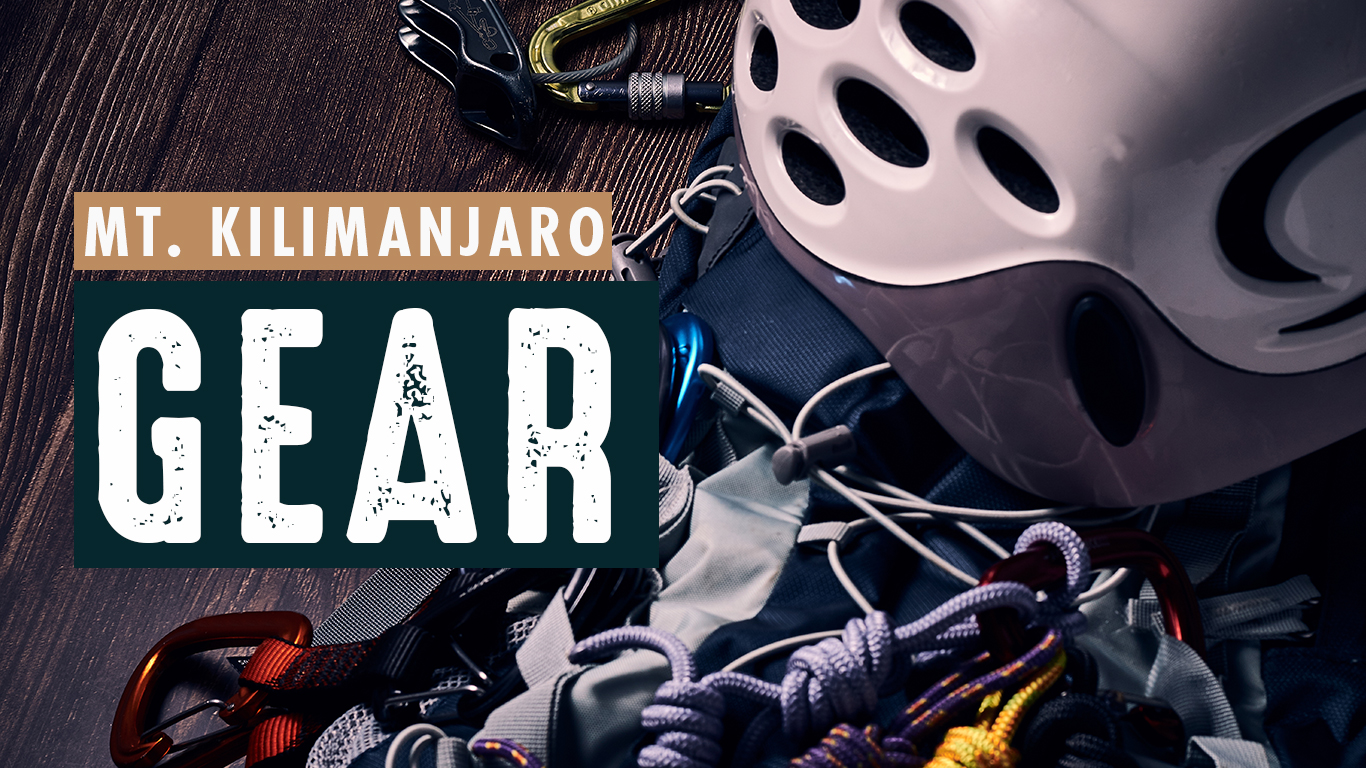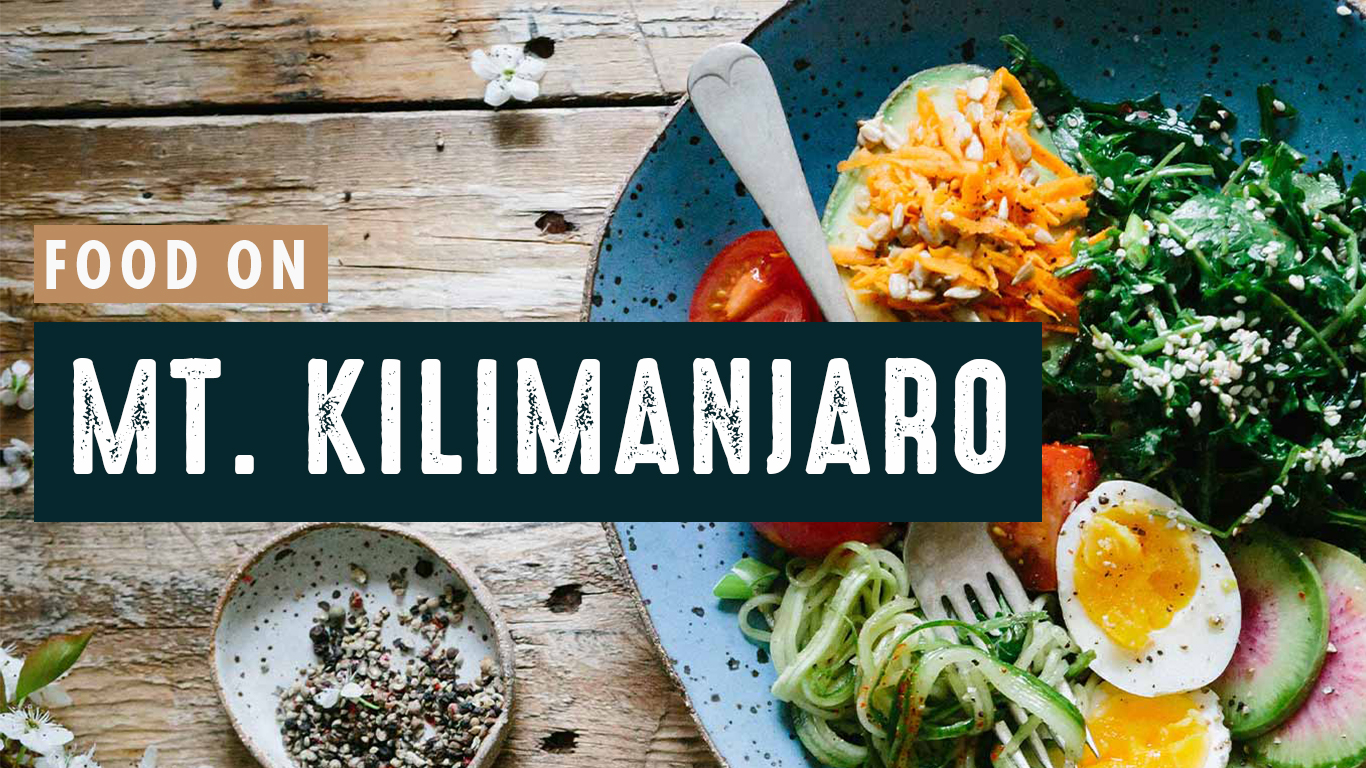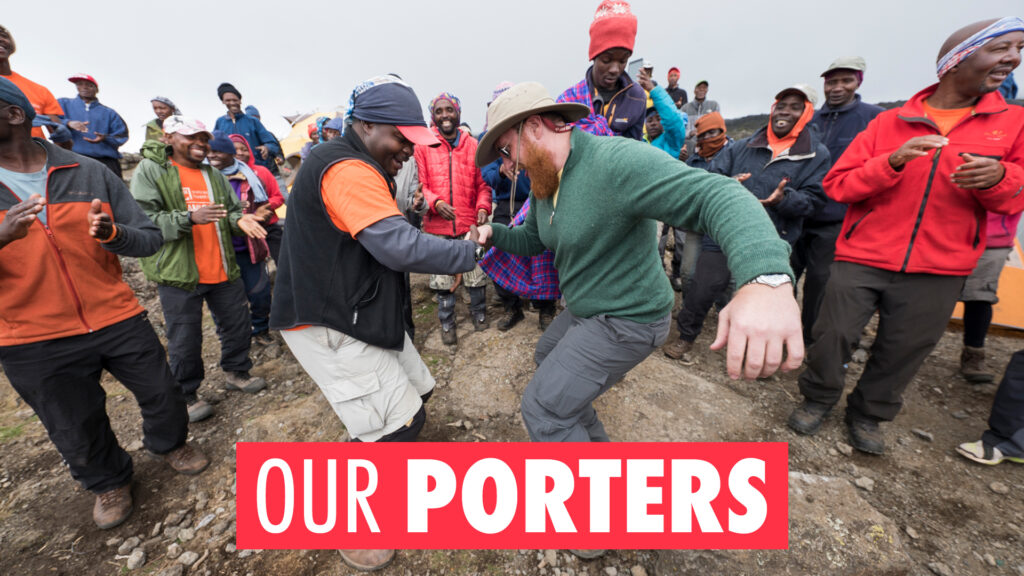
On Kilimanjaro, porters are indispensable members of the climbing team. They shoulder the responsibility of carrying the majority of climbing gear, equipment, and supplies, such as tents, cooking gear, food, and personal items. Additionally, they play a pivotal role in setting up and dismantling the campsites, which involves pitching tents, arranging sleeping arrangements, and organizing the camp area.
Porters also take on the crucial task of meal preparation, serving as camp chefs, and ensuring climbers are well-fed and properly nourished. They handle the logistics of setting up kitchen areas, cooking, and serving food to the climbers.
Another essential duty of porters is sourcing and transporting water from nearby sources to the campsite. This water is crucial for cooking, drinking, and maintaining personal hygiene throughout the climb. Furthermore, their experience and familiarity with the terrain make porters valuable guides for climbers. They can offer guidance, support, and motivation, particularly during challenging sections of the climb.
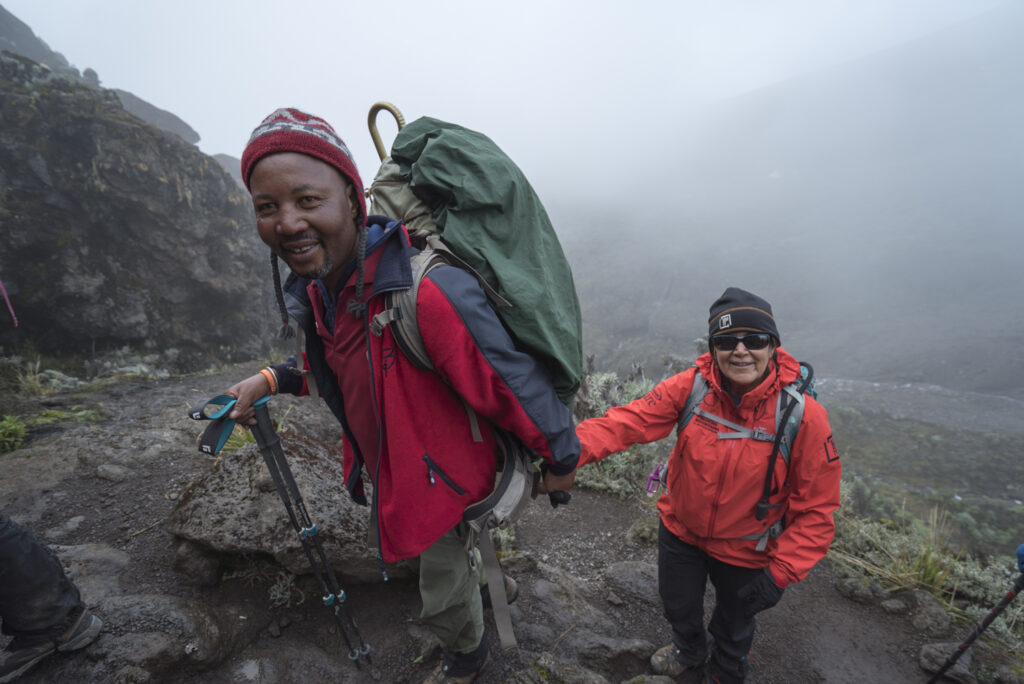
Porters also carry vital emergency equipment, such as first-aid kits and oxygen tanks, to ensure the safety and well-being of climbers in case unforeseen circumstances arise. In addition to their primary roles, porters assist in maintaining cleanliness in the campsite and along the trail. They collect and properly dispose of waste, contributing to the preservation of the environment. On summit day, porters may take on the task of carrying extra gear or supplies to higher elevations to support climbers during their final push to the summit.
Beyond their practical contributions, porters often hail from local communities, providing climbers with unique cultural insights and a valuable connection to the region. It’s imperative to emphasize that ethical treatment of porters is of utmost importance.
They should receive fair wages, be equipped with proper gear, and have access to adequate food and shelter. Responsible tour operators prioritize the well-being and equitable treatment of porters to foster a positive and ethical climbing experience on Kilimanjaro.
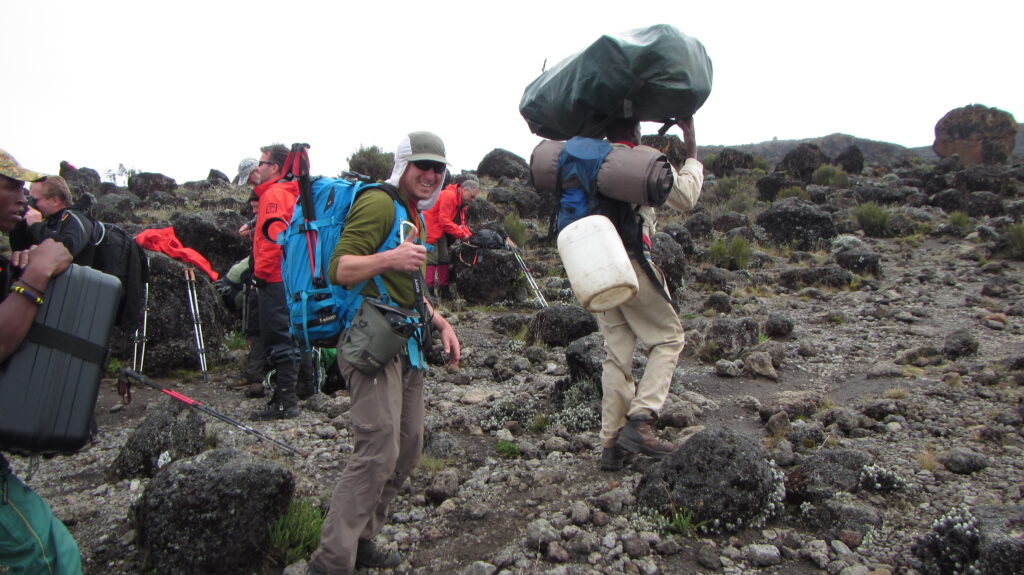
Most porters don’t speak English. The ones that do, usually work toward becoming camp staff or assistant guides. But there is also some charm in that, you will definitely go home having learned a word or two in Swahili!





